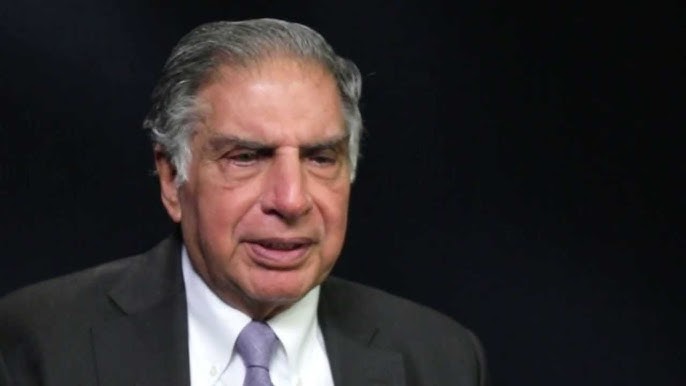Know symptoms and prevention of THIS serious disease that Ratan Tata suffered
Fri 11 Oct 2024, 00:21:49

The entire country is in mourning due to the death of Tata Group Chairman Ratan Tata. Ratan Tata was not just a businessman but a great personality. You will find some Tata salt, pulses, or car in every house in the country. It is said about Ratan Tata that he always did business according to the needs of the people of India. Ratan Tata was not well for the last few days. He was undergoing treatment at Mumbai's famous Breach Candy Hospital. Ratan Tata was suffering from low blood pressure. Due to this, his health started deteriorating. He was being treated under the supervision of heart specialist Dr. Sharukh Aspi Golwala.
Despite the doctors' best efforts, there was no improvement in Ratan Tata's condition. Problems that arise with age make the situation even more difficult. According to Dr. Sharukh Aspi Golwala, Ratan Tata was suffering from hypotension due to low blood pressure. Due to this many organs of his body gradually stopped working. He also started having problems with dehydration. This becomes a serious problem for the elderly.
How dangerous is Low Blood Pressure?
If your blood pressure is less than 90/60, doctors
consider it to be low BP. With increasing age, the risk of both low BP and high BP increases. Due to low BP, the blood flow to the heart, brain, and other organs in elderly people starts decreasing. When BP suddenly becomes low, the supply of blood and oxygen to the brain starts decreasing. In such a situation, problems like dizziness, lightheadedness and sometimes fainting can occur.
consider it to be low BP. With increasing age, the risk of both low BP and high BP increases. Due to low BP, the blood flow to the heart, brain, and other organs in elderly people starts decreasing. When BP suddenly becomes low, the supply of blood and oxygen to the brain starts decreasing. In such a situation, problems like dizziness, lightheadedness and sometimes fainting can occur.
What is the treatment for Low Blood Pressure?
If you experience low blood pressure, consult a doctor promptly. Additionally, consider the following dietary and lifestyle adjustments to manage symptoms. Increase salt intake, drink plenty of fluids, and avoid alcohol and cigarettes. During viral infections, stay hydrated. Regular exercise and cautious movements, such as stretching before standing and seeking support when getting out of bed, are crucial.
Other recommendations include:
. Elevating your head while sleeping
. Avoiding heavy lifting, straining, and prolonged standing
. Limiting hot water exposure
. Eating small, frequent meals
. Reducing carbohydrate intake
. Resting after meals
No Comments For This Post, Be first to write a Comment.
Most viewed from Health
AIMIM News
Latest Urdu News
Most Viewed
May 26, 2020
Do you think Canada-India relations will improve under New PM Mark Carney?
Latest Videos View All
Like Us
Home
About Us
Advertise With Us
All Polls
Epaper Archives
Privacy Policy
Contact Us
Download Etemaad App
© 2025 Etemaad Daily News, All Rights Reserved.






























